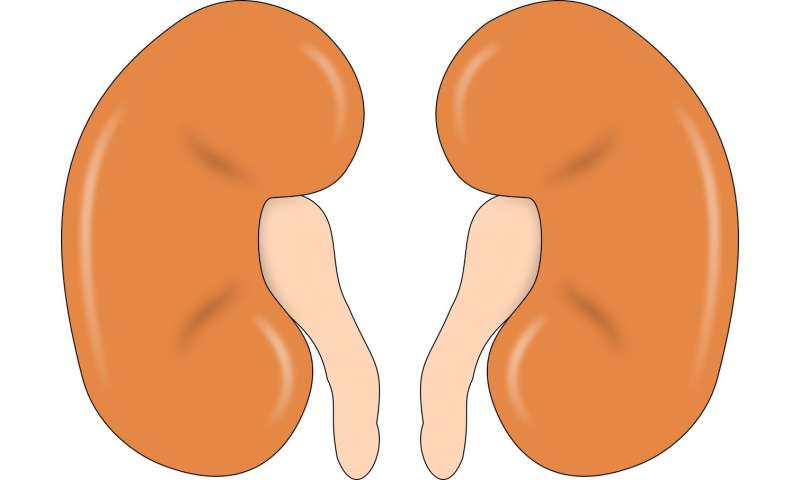
A new meta-analysis published in Lancet Diabetes and Endocrinology today has found that SGLT2 inhibitors can reduce the risk of dialysis, transplantation, or death due to kidney disease in people with type 2 diabetes.
Lead author Dr. Brendon Neuen from The George Institute for Global Health commented: “We foundSGLT2 inhibitors clearly and powerfully reduce the risk of kidney failure.””These findings confirm those of the recently reported CREDENCE trial, where canagliflozin wasshown to prevent loss of kidney function and kidney failure in people with type 2 diabetes.””Ongoing trials of other SGLT2 inhibitors will definitively demonstrate whether all agents in the classhave similar kidney benefits, but these results provide further strong support for the key role ofSGLT2 inhibition in kidney protection for people with diabetes today.”
In an editorial accompanying the publication Richard Gilbert, Professor of Medicine at the Universityof Toronto, commented: “After years of stagnation, we are now on the brink of a new paradigm inthe prevention and treatment of kidney disease in people with type 2 diabetes.”
The development of kidney failure is among the most important consequences of diabetic kidneydisease, with profound impacts on patients and their caregivers. Currently more than 3 millionpeople worldwide are estimated to be receiving treatment for kidney failure and that number ispredicted to increase to more than 5 million by 2035.
SGLT2 inhibitors were developed to lower glucose levels for people with diabetes. Early studiesshowed they reduced levels of protein in the urine leading to great hopes they would protect againstkidney failure. Since then, several large studies have been designed to examine whether SGLT2inhibitors prevented heart attack, stroke and kidney disease.
The authors conducted a meta-analysis, pooling data from major randomised controlled trials ofSGLT2 inhibitors that reported effects on kidney outcomes in people with type 2 diabetes.Four studies involving almost 40,000 participants were included in the meta-analysis, which assessedthree SGLT2 inhibitors—canagliflozin, empagliflozin, and dapagliflozin—although most of the findingscame from the CREDENCE study of canagliflozin. The results revealed:
- SGLT2 inhibitors reduced the risk of dialysis, transplantation, or death due to kidney diseaseby about 30%
- SGLT2 inhibitors also reduced the risk of kidney failure by 30% and reduced the risk of acutekidney injury by 25%
Co-author, Associate Professor Meg Jardine from The George Institute for Global Healthcommented: “Clinical practice guidelines currently recommend treatment with angiotensinconverting enzyme (ACE) inhibitors or angiotensin receptor blockers (ARBs) to slow the progressionof kidney disease in people with diabetes.”
“But the risk of developing kidney failure remains high and diabetes is now the most commonreason for people needing dialysis.”
Source: Read Full Article






